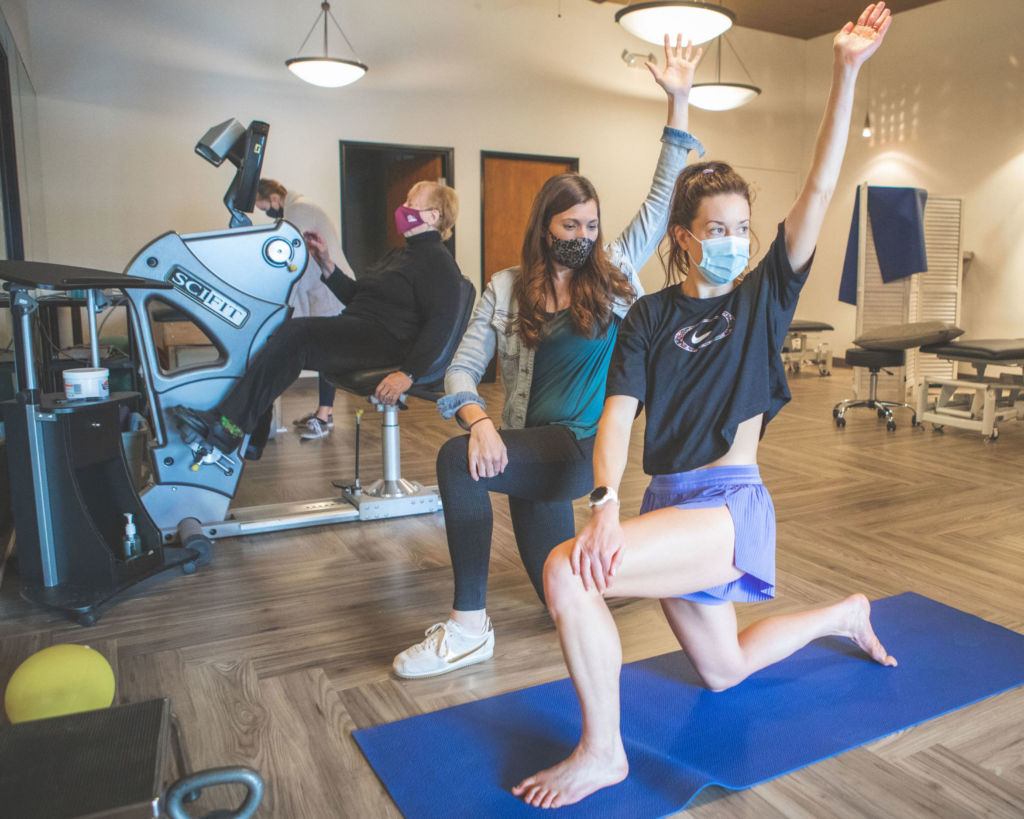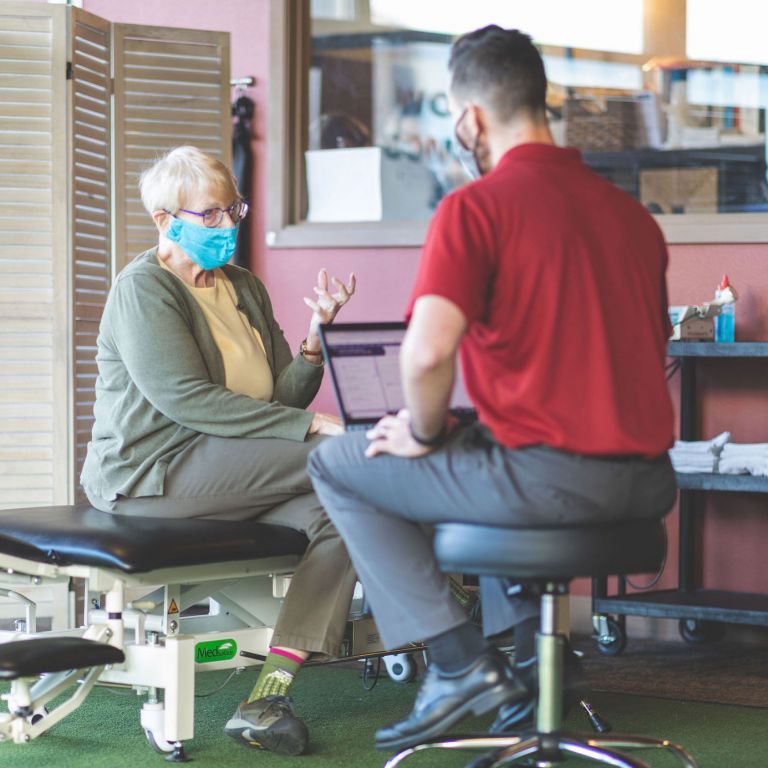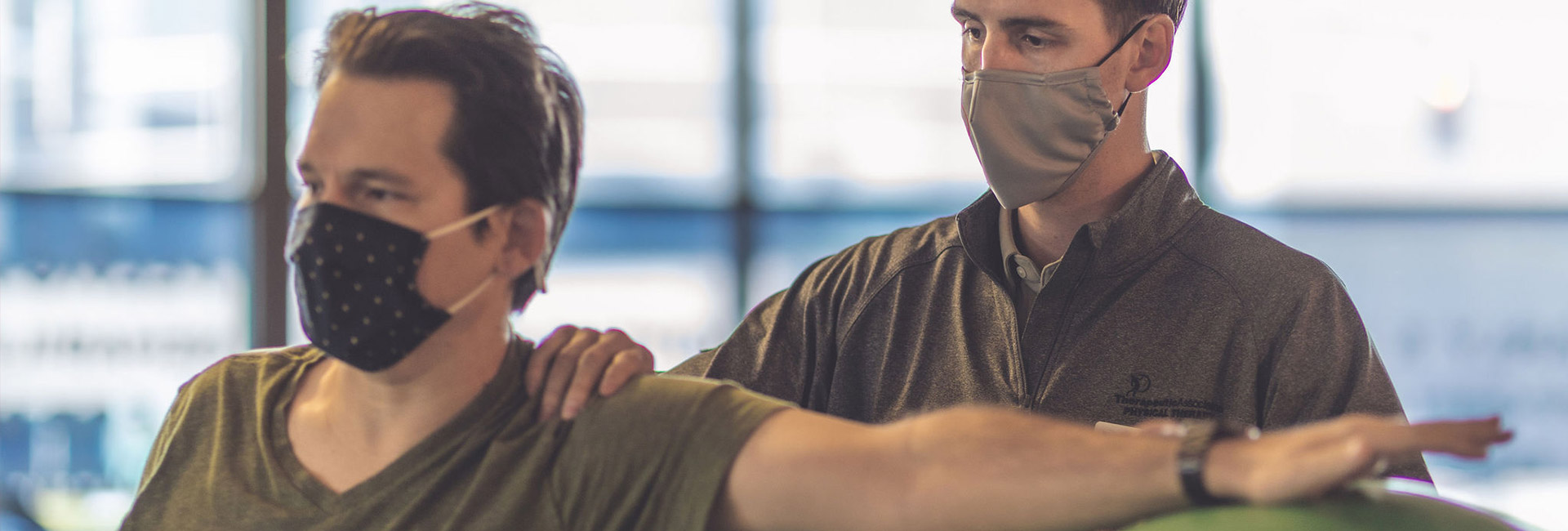Nearly 2 years into the COVID-19 pandemic, we continue to learn more about the novel coronavirus and the variety of symptoms that individuals may experience when infected, and when recovering. Some feel like they have a bit of a cold, some feel like they have the flu, and some end up in the hospital. No matter the symptoms, we tend to think that people get sick, they get better and recover, then move on. Most of the time, that’s what happens, but for about 10% of people who get COVID, the experience is different.
What is Long COVID?
Long COVID is defined as ongoing symptoms experienced beyond the acute phase of the illness. The effects of these symptoms can drastically impact a person’s ability to complete daily tasks.
What is it like?
Like all things COVID-19, we don’t fully understand Long COVID, and new information is being discovered regularly. Long COVID tends to involve more than one system and currently has a list of more than 200 possible symptoms. The most common are:
- Fatigue
- Post-exertional symptom exacerbation (PESE)
- Problems with memory or concentration, often referred to as “brain fog”
Other common symptoms are shortness of breath, chest pain or tightness, insomnia, muscle or joint pain, depression/anxiety, and stomach problems such as stomach aches, loss of appetite or diarrhea.
Although this list of symptoms might be long and intimidating, there is growing evidence that physical therapy can offer help for those recovering from long COVID.
Physical therapy treatment for long COVID
Although many people do not experience severe side effects of the virus and therefore may not need intense rehabilitation, those experiencing long COVID can find themselves feeling extremely weak, deconditioned, and incapable of maintaining their normal routine during recovery.
Physical therapy can help long-haul patients through the following types of training and exercise programs:

- Balance and gait training
- Upper and lower body strengthening exercises
- Aerobic exercise and reconditioning for improved pulmonary health
- Monitoring vital signs while in activity to reduce risk of progressing too quickly
Your physical therapist will be able to do a full assessment of your condition, ask you health-related questions regarding your experience with COVID-19 and pinpoint the sources of pain or limitation. From there, they will develop a specialized treatment plan with the ultimate goal of getting your health back to normal and optimizing your levels of function.
Get Started Today
While the exact cause of long-haul effects is unclear, there is no question that physical therapy is vital to the recovery of COVID-19 patients. Visit our Post-COVID Rehabilitation page for more information and to find a Post-COVID Rehab clinic today.

